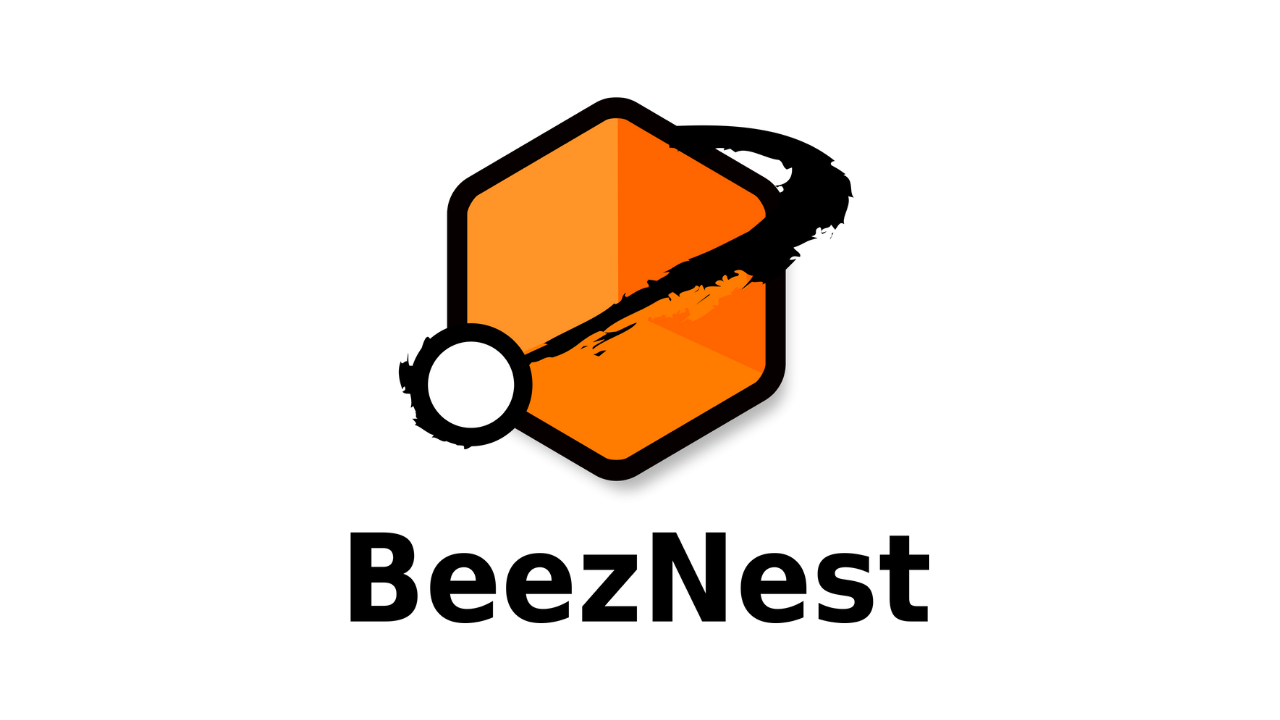Before I forget all about it, I want to make a note of what happened, what was good and what could be improved for the PHP Day event we organized jointly with Mobile Bridges, another software development company in Lima.
The schedule was the following (translated to English for the purpose of this article):
- 5.00-5.10pm: Welcome words
- 5.10-6.00pm: High availability, efficiency, efficacy and interoperability in PHP - Humberto Bejarano, RPP
- 6.00-6.50pm: Flash with PHP - Alexander Quevedo, Mobile Bridges
- 6.50-7.40pm: Increasing the coverage of PHP solutions in scenarii of Microsoft platform - José Alania and Daniel Ramirez, Microsoft (or partners)
- 7.40-8.00pm: Break
- 8.00-8.50pm: Experiences with PHP: "El Comercio" case - César Soplín, El Comercio
- 8.50-9.10pm: High efficiency of PHP applications in Firefox 3.5 - Percy Cabello, The Mozilla Foundation
- 9.10-9.30pm: High efficiency of PHP applications in Internet Explorer 8 - Jorge Oblitas, The Mozilla Foundation
- 9.30-9.45pm: Word from the organizing communities
- 9.45pm-10.00pm: Words of closure


